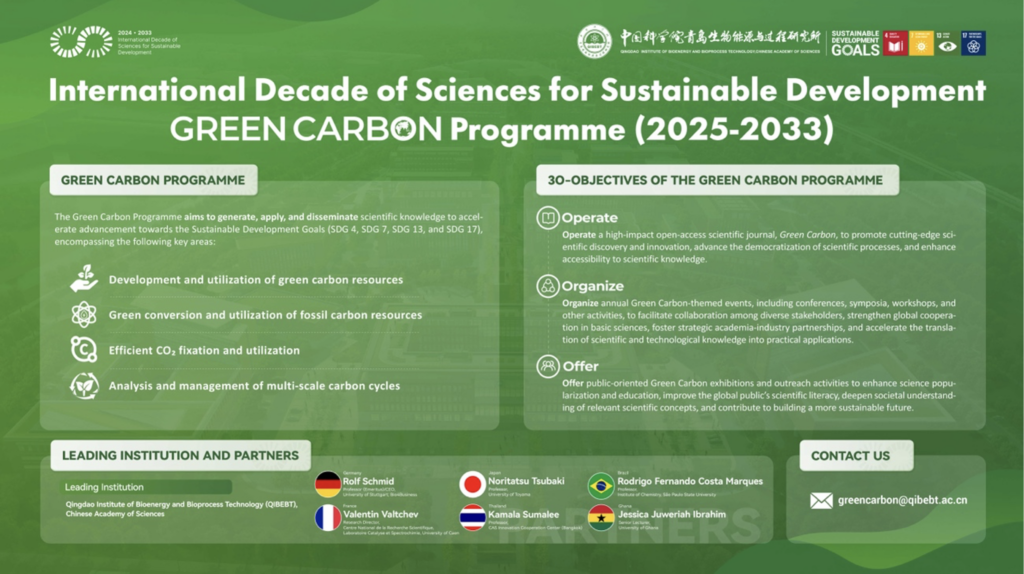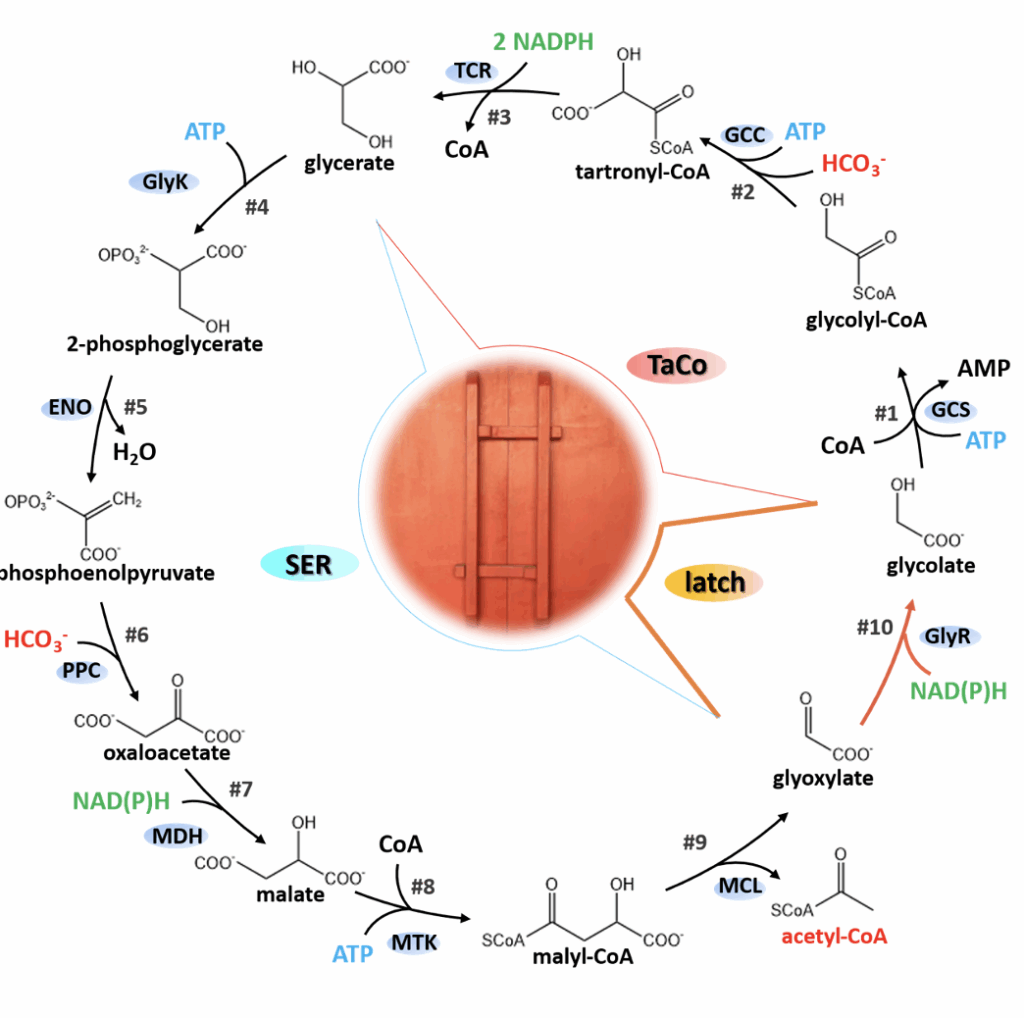http://qdstc.qingdao.gov.cn/kjdt/bskjdt/202407/t20240702_8109856.shtml
The 2023 National Science and Technology Awards were announced in Beijing. From a total of 262 projects and candidates,15 achievements in Qingdao won the National Science and Technology Award
Qingdao hosted and completed 2 award-winning projects, participated in the completion of 13 award-winning projects – Including 1 special prize, 1 first prize, 11 second prizes.
5 of the award-winning Qingdao projects are in the maritime field, namely:
- “Key Technology Equipment and Application of Deep Sea Image Detection”
- Offshore Petroleum Engineering (Qingdao) Co., Ltd. participated in and completed the “‘Shenhai No. 1’ ultra-deepwater gas field development project key technology and application” project, which won the first prize of the National Science and Technology Progress Award
- “Construction and Industrial Application of Precision Nutrition Technology System for Marine Cultured Fishes” led by the Ocean University of China and participated by the Yellow Sea Fisheries Research Institute of the Chinese Academy of Fishery Sciences.
- “Theoretical and Technological Innovation and Major Discovery of Deep Oil and Gas Exploration in Fault Zones” project, and the
- “Key Technologies and Applications for Beach Protection and Restoration of Complex Coastal Environments” participated by Ocean University of China won the second prize of the National Science and Technology Progress Award.
In addition, Qingdao’s participation in award-winning projects has high “gold content” and broad influence. Among them, the “Fuxing High-Speed Train” project completed by CRRC Qingdao Sifang Rolling Stock Co., Ltd. and CRRC Qingdao Sifang Rolling Stock Research Institute Co., Ltd. won the special prize of the National Science and Technology Progress Award. The “Fuxing” high-speed train is a new generation of high-speed train independently developed by China and with complete intellectual property rights. With a maximum speed of 350 kilometers per hour, China has become the country with the fastest commercial operation of high-speed rail in the world. This record remains to this day. As of the beginning of this year, the “Fuxing” high-speed train has transported more than 2.2 billion passengers.
Enterprise innovation is the fundamental driving force and internal source of innovation. Among the Qingdao award-winners, 9 projects have enterprises taking the lead in completing and deeply participating in them. For example, the “Technological Innovation and Industrialization of Temperature and Humidity Oxygen Magnetic Multi-dimensional Precision Control of Household Preservation Appliances” project led by Haier Smart Home Co., Ltd. and participated by Qingdao Haier Refrigerator Co., Ltd. won the second prize of the National Science and Technology Progress Award; Tsingtao Brewery Co., Ltd. The project “Efficient Breeding and Optimization of Key Technologies and Applications of Food Biomanufacturing Industrial Strain”, as the main completion unit, won the second prize of the National Science and Technology Progress Award.



